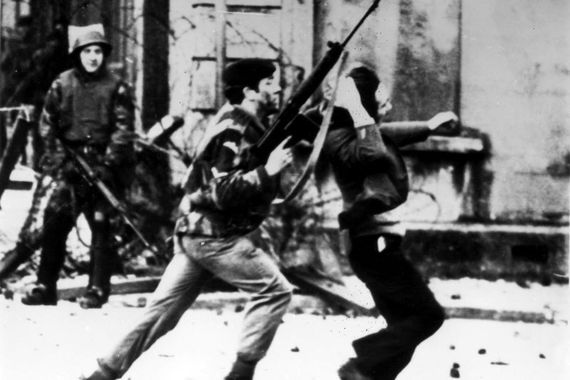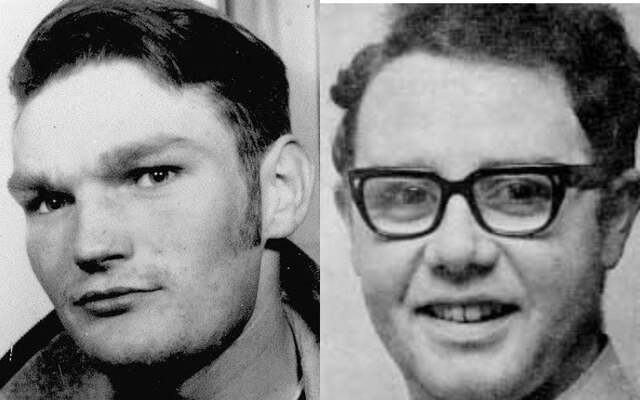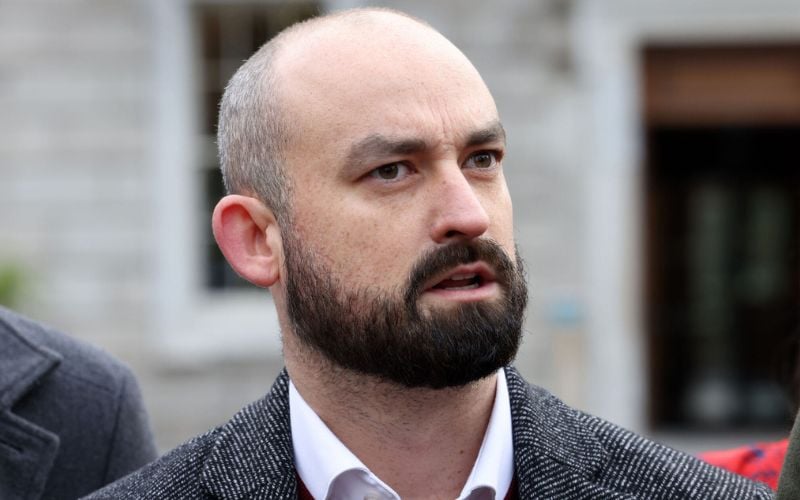The long-running quest for answers over the killings in Derry’s Bogside reached a dramatic moment this week as the trial of the soldier known only as “Soldier F” began in Belfast Crown Court. For families who have campaigned for more than five decades, the opening day was both a legal milestone and a raw reminder of their losses.
On Monday, the Crown set out a stark case against the defendant, a former member of the British Army’s Parachute Regiment, who is charged with the murders of James Wray and William McKinney and five counts of attempted murder for events on 30 January 1972.
Prosecutors told Judge Paul (Patrick) Lynch that the shootings in a residential courtyard at Glenfada Park were “unjustified”, “unnecessary,” and “gratuitous”.
“They were simply shot as they ran away… the shooting was unnecessary and it was gratuitous,” the court heard.
Soldier F, who cannot be publicly identified because of a court order, has pleaded not guilty, and the case is being heard without a jury. The prosecution said soldiers who later gave accounts had sought to justify the shooting by claiming the victims were armed, a claim the Crown described as “demonstrably false” and part of attempts to “confuse” what happened that day, the Irish Times reports.

Violent scenes captured during Bloody Sunday.
Outside the court, the human weight of the hearing was clear. Brothers of William McKinney marched together to the courthouse, carrying placards and a banner reading “Towards Justice.”
John McKinney told those gathered, “Today marks a momentous day in our battle to secure justice for our loved ones who were murdered on Bloody Sunday. It has taken 53 years to get to this point, and we have battled all the odds to get here.”
He added defiantly: “Today, our message is simple — towards justice, we shall overcome.”
Truth, justice AND accountability. Soldier F is standing trial and this represents progress for ALL victims of state violence. Walking in solidarity with the Derry families today was an historic moment pic.twitter.com/x8EFEBmJgi
— Relatives 4 Justice #NeverGivingUp (@RelsForJustice) September 15, 2025
Supporters of Soldier F and veterans also gathered outside the court, reflecting the continuing tensions over how Northern Ireland addresses the past. Northern Ireland’s Veterans Commissioner, David Johnstone, warned against the “wholesale demonisation of those who served,” saying a fair legacy process was needed if there was to be reconciliation in the province.
Reporting and commentary across the local press and broadcast outlets followed the court day closely, including coverage on the Belfast Telegraph’s The BelTel podcast, which noted simply that “the trial of Soldier F has begun in Belfast” as journalists on the ground described the charged atmosphere outside the Royal Courts of Justice.
The legal underpinning for renewed prosecutions dates back to the Saville Inquiry, whose 2010 findings that the killings on Bloody Sunday were “unjustified and unjustifiable” eventually paved the way for fresh criminal investigations and the prosecutions that followed. The inquiry and subsequent political apology from the UK government remain the central context for the current case.
Bloody Sunday, when members of the Parachute Regiment opened fire on anti-internment marchers, killing 13 people with a 14th dying later, remains one of the most searing events of the Troubles.
The Soldier F trial will consider disputed statements from soldiers and other evidence over the coming weeks. As John McKinney told supporters outside the courtroom, the moment is the product of years of campaigning: “Everything that we have achieved to this point has been through relentless commitment and a refusal to lie down.”




Comments